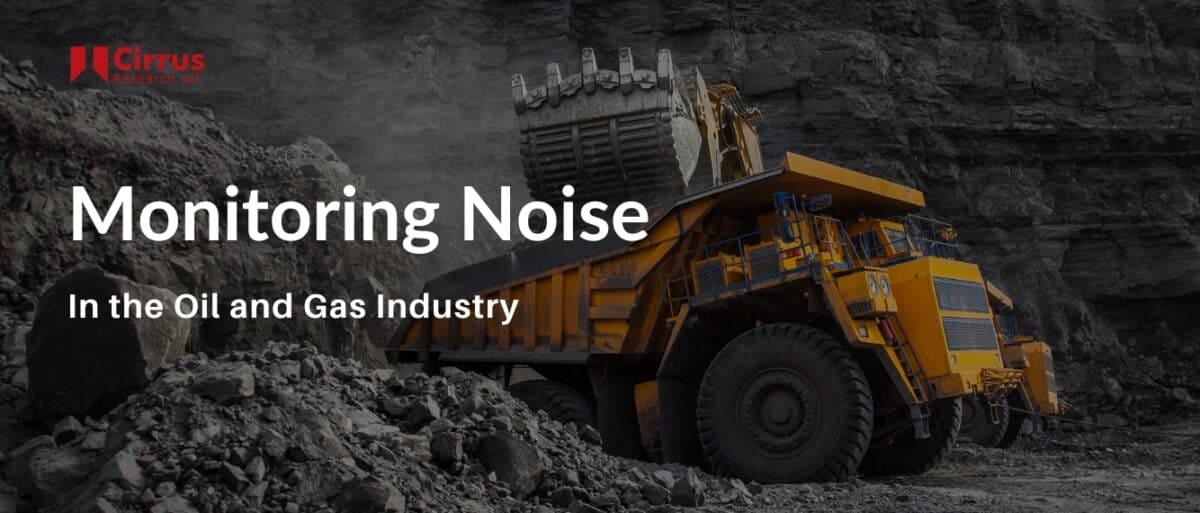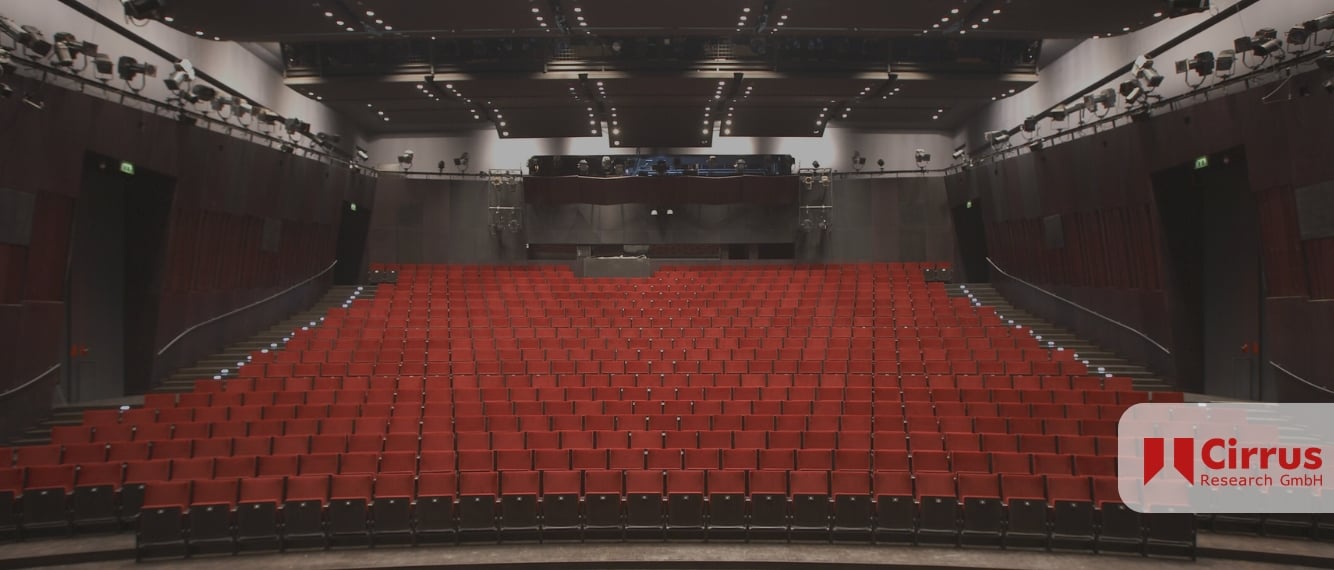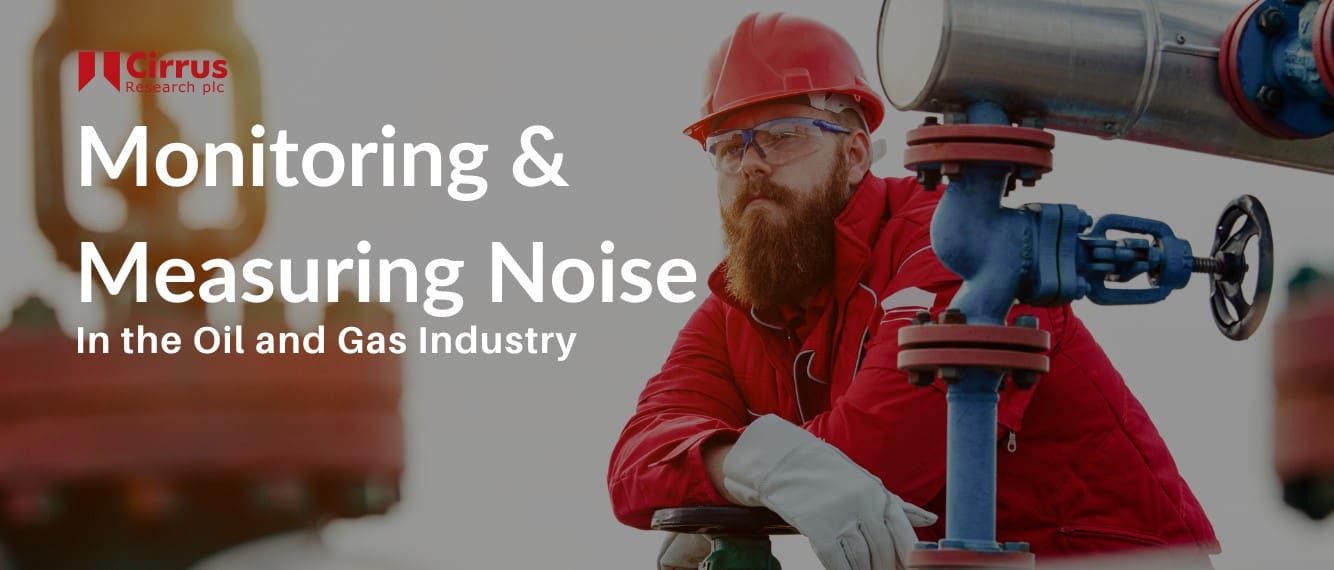The UK is renowned for its rich heritage in hosting outdoor festivals, whether it be music or literary, through to farming, food or catering to even more niche audiences.
But every festival is unique and, no matter how large or small, they bring with them their own issues when it comes to health & safety and noise related challenges.
Noise consultant Chris Selkirk is no stranger to those challenges having worked on a large variety of festivals over the years, in both urban and rural locations.
Only recently at the Ravenstonedale Festival in the heart of Cumbria, Chris had to employ a rather unusual method of noise control when it seemed the local acoustics were conspiring against the organisers.
Ravenstonedale is a 3 day family event all staged in the beautiful Eden Valley where an eclectic mix of Indie, Rock, Blues, Ska, and Acoustic is played on the main stage. This year’s event also saw Ravenstonedale introduce some new elements of comedy, poetry, and acoustic sections, alongside the popular Dance Tent where around 1,000 festival goers enjoyed roof-rousing electronic music through the night.
But where there are festival goers there will be noise and despite its very rural location, Chris was acutely aware of a number of homes that fell within an 800m radius of the main site and would be affected by the noise.
“There were only a handful of cottages but they were causing us a real headache and we thought the only solution was going to be to turn the music down to meet the noise regulations,” explained Chris.
Chris used the Cirrus Research Optimus Environmental sound level meter to get his accurate readings from various parts of the site and particularly around the sound systems. The Optimus Green provides Class 1 performance to IEC 61672-1:2002 and has the latest digital technology with a high resolution colour OLED display and back-lit keypad – essential for Chris in his outdoor environment and contending with low or no natural light as the Festivals continued well into the night.
He used the Optimus Environmental data to map the exact noise hot spots of the festival site and then set about mitigating the noise through layout management and with a little help from a local farmer.
Chris bought 50 bales of densely-packed straw and built several 6m wide by 3m high walls around the worst offending sound systems. It proved to be a highly cost-effective move. Once they were in place and Chris re-took his measurements on the Optimus Environmental, he discovered a 42dBA reduction in the noise levels, only 12 meters from the dance-floor, behind the straw bales and taking the site to well within the legal limits of 45dBA from noise sensitive properties after 11pm.
“The straw bale wall barriers were enabling 10-15dBA increase in volumes for the sound systems compared with the previous year, which was beyond our expectations,” explained Chris. “It was a great solution because the bales didn’t look out of place in this rural festival setting and at the end of the weekend we simply sold them back to the farmer so it was very cost effective and environmentally-friendly!”
“The Optimus Environmental was the best sound level meter for this kind of application due to its complete ease of use for live readings; quickly being able to change between information displays (graphical, numerical, frequency weightings, 1:1 & 1:3 octave filtering views), whilst taking statutory readings of 5 & 15 minute LAeq values is essential to ensure a festivals compliance with Noise Regulations,” said Chris. “It is a device I have used now on many occasions and in many environments. For my type of work it is always my number one choice. The Optimus Environmental enables easy access to the weekends monitoring readings, which is extremely useful without having to download the data first.”
NOISE LEGISLATION GOVERNING FESTIVALS
Local Authorities Environmental Health departments generally adopt the example conditions set down by the Noise Councils Code on Environmental Noise Control at Concerts (1995).
These conditions are placed with the Premises License Conditions for the Festival/Music Event which event organisers must fully adhere too. In order for an event to have live or recorded music performances, it must have a Premises License, or for smaller events (up to 500) a TEN License (Temporary Event Notice).[/vc_column_text][/vc_column][/vc_row]



